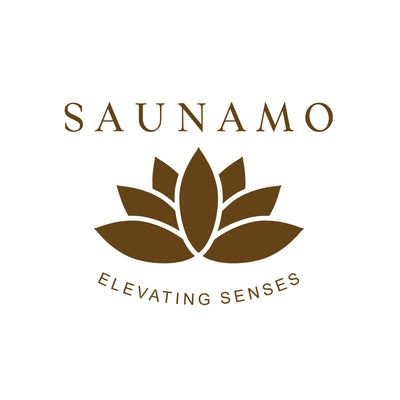When it comes to choosing a sauna heater, you have two options: electric or wood-burning. Each has its advantages and disadvantages, and choosing between them can be a daunting task.
In this blog article, we'll explore the pros and cons of both types of heaters and help you decide which is the best option for your sauna.
Electric sauna heaters:
Electric heaters are becoming increasingly popular for saunas due to their convenience and ease of use. They are very simple to install, require minimal maintenance and can be operated with just a flick of a switch. Here are some pros and cons of electric sauna heaters:
Pros:
-
Easy to use: Electric heaters are extremely simple to operate. Just plug them in, flip the switch and your sauna will start to heat up.
-
Economical: Electric heaters are generally cheaper than wood heaters.
-
Minimal Maintenance: Electric heaters require very little maintenance. They don't produce ash or soot and you won't have to chop wood or clean chimneys.
Cons:
-
Longer Heating Time: Electric heaters take longer to heat up than wood heaters, which means you'll have to plan ahead when you want to use your sauna.
-
Less Authentic Experience: Some sauna enthusiasts argue that electric heaters don't provide the same authentic sauna experience as wood heaters.
-
Lower Heat Output: Electric heaters generally have a lower heat output than wood heaters, which may not be suitable for larger saunas.
Sauna wood heaters:
Wood heaters have been used in saunas for centuries and are still a popular choice today. They provide an authentic sauna experience and are ideal for those who like the traditional method of heating a sauna. Here are some pros and cons of wood-burning sauna heaters:
Pros:
-
Authentic Experience: Wood heaters provide an authentic sauna experience that cannot be replicated by electric heaters.
-
High Heat Output: Wood heaters produce a high heat output, which makes them suitable for all sauna sizes, including the largest ones.
-
Economical: Wood is generally cheaper than electricity, which means that using a wood heater can be more economical in the long run.
Cons:
-
High Maintenance: Wood heaters require a lot of maintenance. You'll have to chop wood, clean the chimney and dispose of ashes and soot.
-
fire Risk: Wood heaters can be a fire risk if not properly installed and maintained.
-
Smoke and gases: Wood heaters produce smoke and gases, which can be unpleasant for some sauna users.
Which heater is right for you?
So which type of sauna heater is best? The answer depends on your individual needs and preferences. If you're looking for a sauna heater that's easy to use, economical and requires minimal maintenance, an electric heater may be the best option for you. On the other hand, if you're looking for an authentic sauna experience and don't mind the extra maintenance and fire risks, a wood heater will be the right choice.
In the end, the most important thing is to choose a sauna heater that meets your specific needs and fits your budget. Both electric and wood-burning heaters have their advantages and disadvantages, so it's up to you to decide which is the best option for your sauna.


